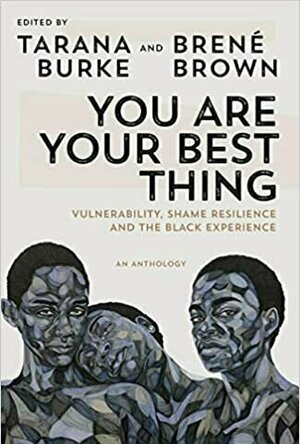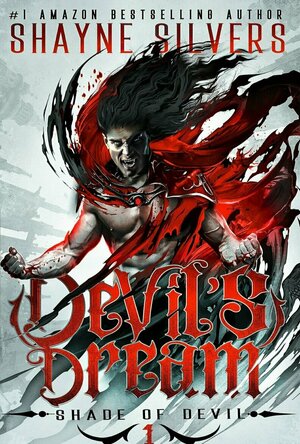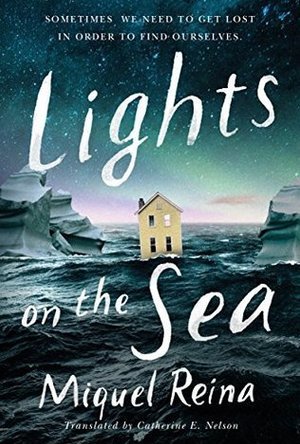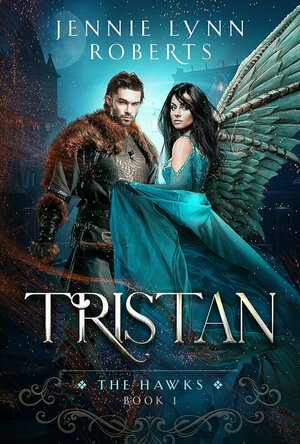Merissa (13792 KP) rated Tristan (The Hawks, #1) in Books
Jul 9, 2021
After many years of war, a chance of peace happens, before betrayal takes over. This devastates Tristan as it looks -- and he is told by his king -- that his best friend is one of those responsible. He is sent away from the main city as penance for 'allowing' the old king to die. Whilst he and his men are gone, lots of changes take place, and none of them good.
What a brilliant story!!! Now, as an unbiased reader, I can tell you I was shouting at my kindle when Tristan believed the prince. I mean, come on, but Tristan was honourable and loyal, and his vow to the king was everything. Nim is Val's sister and believes him to be innocent. Of course, this may have something to do with the way she is treated by the king and his chancellor. When she escapes them, the only thought in her mind is to save her brother. Once she is captured by Tristan and his men, things get really interesting.
The world-building is simply sublime! Details are given in passing that you won't even need to think about, just because they simply are! Wings, scales, healing, you name it. I just want to know more! It is a fast-paced story that takes you on a steamy, and sometimes violent, adventure - where good is good and bad is downright horrible.
As a first book in a series, it's amazing. As a debut novel, it's astounding. I was captured by this world, and the characters who live there, and I really can't wait for more. Absolutely fantastic and highly recommended by me.
** same worded review will appear elsewhere **
* A copy of this book was provided to me with no requirements for a review. I voluntarily read this book, and the comments here are my honest opinion. *
Merissa
Archaeolibrarian - I Dig Good Books!
ClareR (6096 KP) rated One Year Later in Books
Aug 18, 2019
I really think that Sanjida Kay has the voices of the characters just right: the mother who is barely able to function and hides alcohol around the house, just to get by and to be able to function for her two living children; the father who distances himself from everyone; the uncle who constantly thinks about his dead niece, and blames himself even though he couldn’t possibly be to blame; the sister who seems completely wrapped up in her own world of TV and her looks; and the grandfather who is responsible for the death of his granddaughter, but can’t remember what happened.
It’s such an emotional subject and so well written. I found myself very involved with these characters, and I couldn’t help but empathise with them. I was never quite sure if the person they all thought was responsible for Ruby’s death actually was, but I have to admit that I changed my mind a few times. The twist revealing the actual culprit came as a total shock and surprise.
A really very impressive book, in my opinion, and I’ll be telling everyone to read it!
Many thanks to NetGalley and the publisher for my copy to read and review.

LegendSmith - for League of Legends
Games and Entertainment
App
LegendSmith is the most powerful counter pick and champ build tool available anywhere! Building...

Relax Music Free - Zen Melodies, White Noise & Nature Sounds for Meditation, Positive Thinking, Relaxation, Yoga and Sleeping
Lifestyle and Health & Fitness
App
Have trouble sleeping? You can count sheep, count backwards, take some medication... or you could...

Geotherapy: Innovative Methods of Soil Fertility Restoration, Carbon Sequestration, and Reversing CO2 Increase
Thomas J. Goreau, Ronal W. Larson and Joanna Campe
Book
A Practical, Get-Your-Hands-in-the-Soil Manual Global climate change, increasing pollution, and...

You Are Your Best Thing
Book
NEW YORK TIMES BESTSELLER - Tarana Burke and Dr. Brené Brown bring together a dynamic group of...

Juice Challenge by Young & Raw
Food & Drink and Health & Fitness
App
Join the 14 Day Juice Challenge with YoungandRaw.com! Download our chart topping app and start...

Devil's Dream: Shade of Devil Book 1
Book
The greatest trick the First Vampire ever pulled was convincing the world that he didn’t exist. ...

Lights on the Sea
Book
"Miquel Reina's Lights on the Sea is an absolutely lovely, beautiful novel with a dreamy, fable-like...

Benoit (Owatonna U #3)
RJ Scott and V.L. Locey
Book
Senior year is here, and everything is on the line. Benoit’s time to shine in the crease is now,...
Contemporary MM Romance Sports

